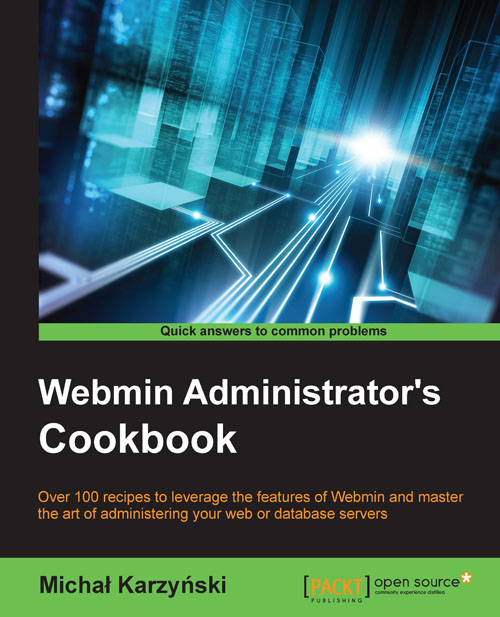Packaging Django applications into Docker container images
Docker is an open-source software container management system. It allows you to create an isolated, self-contained environment to run your application. In this article we will walk thought steps needed to create a Docker image containing a Django application and demonstrate how to run it and access the container.
